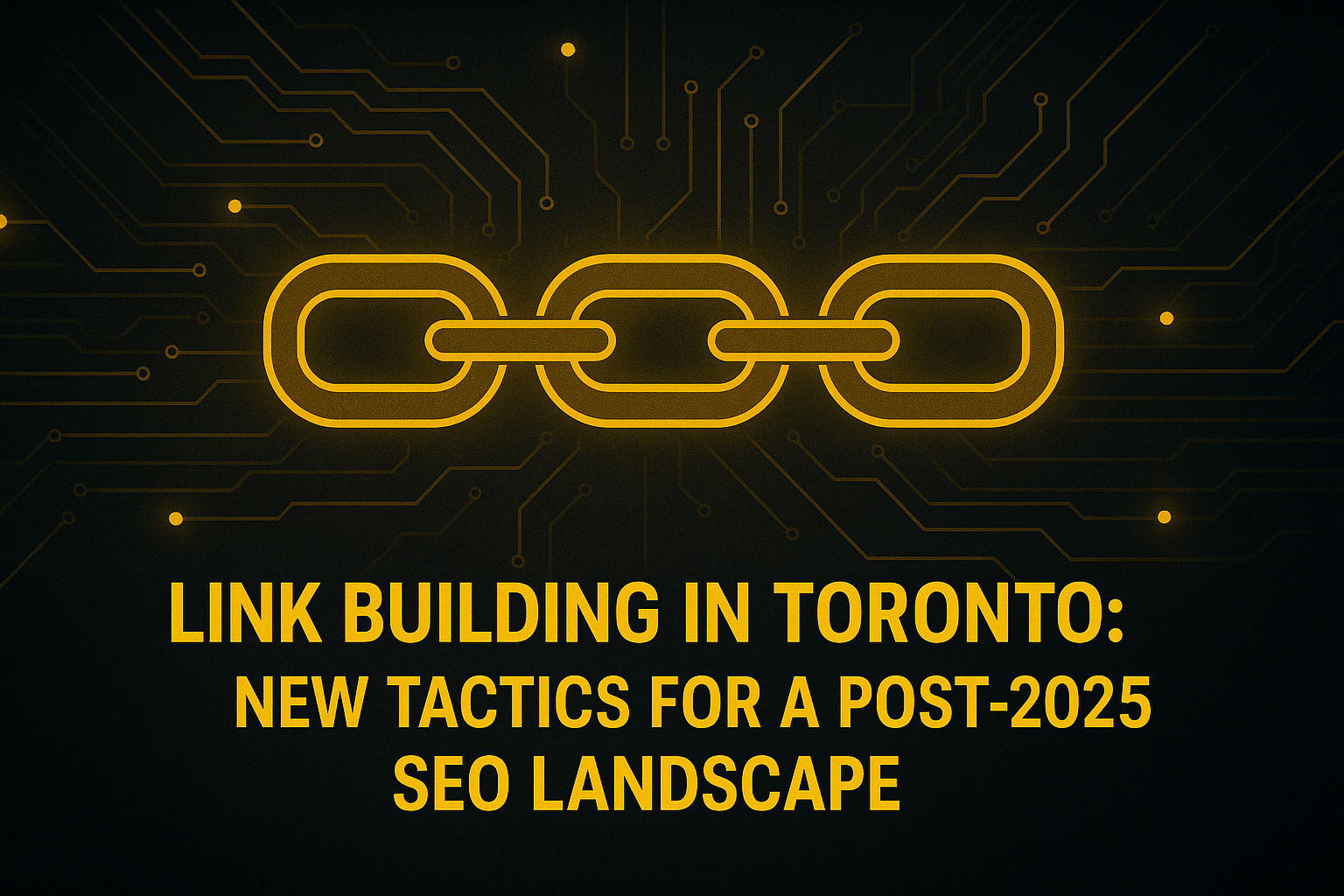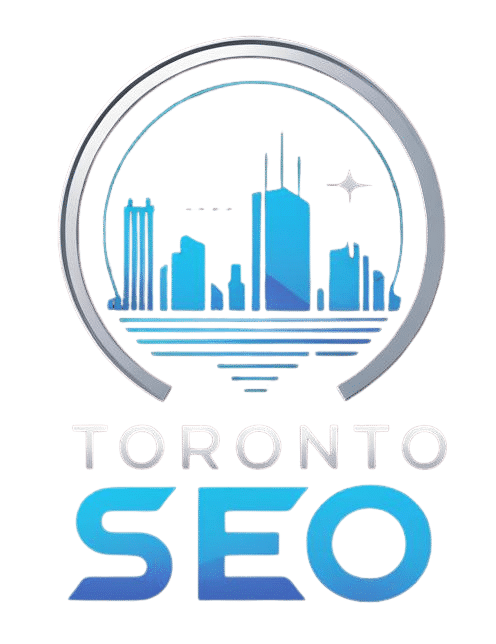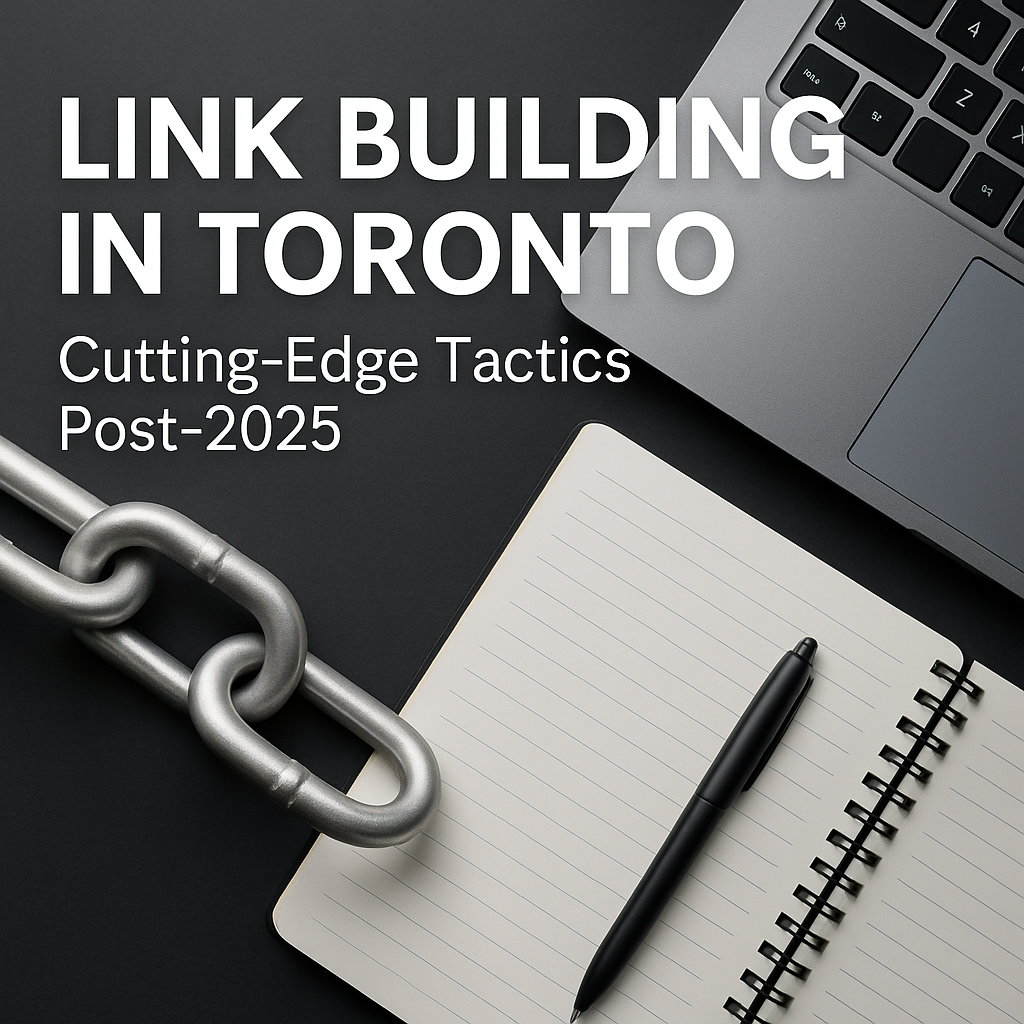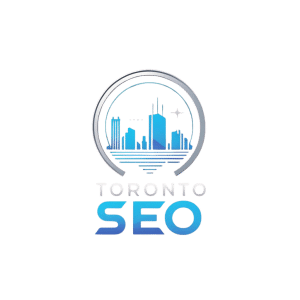
Introduction: The New Age of Link Building in Toronto
Toronto’s digital marketing ecosystem is in the midst of a seismic shift. With Google’s algorithm becoming more context-aware, AI tools disrupting traditional workflows, and manual outreach losing effectiveness, Toronto SEO professionals are evolving. If you’re still relying on outdated backlink tactics, your rankings are vulnerable. In this article, we’ll explore next-generation link building strategies reshaping the post-2025 SEO landscape in Toronto—based on real trends and tactics already being deployed by the most competitive agencies in the city.
Why Traditional Link Building Tactics No Longer Work
The Decline of Guest Posting at Scale
Guest posting used to be the cornerstone of link acquisition. But Google’s crackdown on unnatural link patterns, especially those involving large-scale article farms, has rendered it a high-risk, low-reward tactic.
Additionally, Toronto SEO agencies are now using AI to outrank the competition, meaning link quality now outweighs quantity. Algorithms can detect context mismatches, link velocity anomalies, and even author credibility.
The Rise of Semantic Relevance and Topical Authority
Google’s language models like MUM (Multitask Unified Model) evaluate how deeply your content understands a topic. Link equity is no longer passed just because of domain authority—it’s about semantic relevance. This has elevated the importance of hyper-niche, high-authority local backlinks.
Tactic #1: Entity-Based Link Building Using AI Content Clusters
One of the most effective tactics in 2025 is building backlinks to content clusters designed around entities and topic layers. For example, rather than writing a single blog about “SEO Services in Toronto,” agencies are building internal topical networks and earning links to various nodes in that cluster.
Tools like Surfer SEO and Frase are paired with AI to build content hierarchies that demonstrate expertise, authoritativeness, and trustworthiness (E-A-T). Once established, these clusters naturally attract backlinks from:
Niche industry directories
University or gov research pages citing comprehensive guides
Journalists looking for credible resources
This strategy aligns with how Toronto agencies are applying AI-driven keyword clustering.
Tactic #2: Earned Links Through Data Journalism & Local Reports
Create Local SEO Data Assets
Agencies are producing localized data studies—think “Toronto SEO pricing benchmarks” or “How SEO affected Toronto real estate leads in 2025.” These pieces become link magnets because they are:
Referenced by local newspapers like Toronto Star
Cited in blog posts from industry influencers
Linked by education institutions for research purposes
Embedding interactive graphs and offering PDF downloads for journalists enhances citation chances.
Example:
A Toronto marketing agency published a study on AI adoption in SEO. The report was cited by over 20 media outlets and netted high DR backlinks, helping them dominate their vertical for six months.
Tactic #3: Reverse Engineer Competitor Link Gaps—But Smarter
While traditional link gap analysis with tools like Ahrefs or SEMrush still has value, post-2025 tactics go beyond domain overlaps. Agencies now:
Use machine learning to analyze backlink velocity trends
Detect topic gaps in competitor backlink profiles
Identify influencer-level content creators linking to similar entities
You can use this intelligence to target only the most contextually relevant referring domains—a strategy reinforced by Toronto businesses tripling organic leads in 90 days.
Tactic #4: Building Links Through Interactive Tools and Calculators
Interactive tools are dominating in 2025. From “SEO ROI calculators” to “Google Ads vs SEO budget split analyzers”, these are getting embedded across blogs and industry news platforms.
Tools provide:
User engagement + link value
Natural embeds from referring domains
Easier outreach pitches
This method blends SEO with UX and web dev, aligning perfectly with web development essentials every Toronto business needs.
Tactic #5: Digital PR That Aligns with Brand Authority
In Toronto, more firms are investing in digital PR instead of link schemes. These campaigns are often hybrid:
Press mentions + Brand features + Authority links
Hosted on local event pages, tech innovation blogs, startup accelerators
Pitched with exclusive interviews or founder insights
For example, building a personal brand in search is not only great for visibility, but it attracts natural citations from podcast hosts, newsletter writers, and news editors.
Tactic #6: Citation Building with Structured Data Layering
Even in 2025, citations remain crucial for local SEO—but it’s about structured citation stacking now.
Modern citation strategy involves:
Embedding schema.org markups (LocalBusiness, FAQ, Review)
Layering map embeds, driving directions, and operating hours
Ensuring NAP+W consistency across top-tier and niche directories
For deeper local impact, revisit why citation building still matters for Toronto local rankings.
How AI Is Making Link Prospecting Easier
AI now plays a critical role in identifying new backlink opportunities:
GPT-based tools analyze topical relevance
NLP systems scan SERP structures for optimal backlink slots
Email automation sequences use LLM-generated personalized outreach
More agencies are using prompt engineering to create smarter outreach systems, gaining high response rates from journalists and industry bloggers.
Avoiding Link Building Penalties in a Post-2025 Landscape
To stay safe, avoid:
Private blog networks (PBNs)
Spammy sidebar links
Paid links with generic anchors
Instead, focus on anchor text diversity, page-level authority, and content-user alignment.
Remember, Google’s Search Quality Evaluator Guidelines emphasize reputation, transparency, and authenticity—your backlinks must reflect this.
Conclusion: Link Building in 2025 Requires a Toronto-Specific Strategy
If you’re building links in Toronto using 2020 tactics, you’re falling behind. The most successful campaigns in 2025 are:
Contextual
Entity-based
Supported by AI and data
Deeply integrated into content clusters
Hyperlocal in relevance
Pair that with content quality, strategic internal linking, and cutting-edge PR—and you’re looking at sustainable SEO performance in Canada’s most competitive market.
Contact Toronto’s SEO Experts Today
Looking to elevate your link building strategy for the future?
👉 Contact us today to get a customized SEO game plan tailored to your Toronto business.


